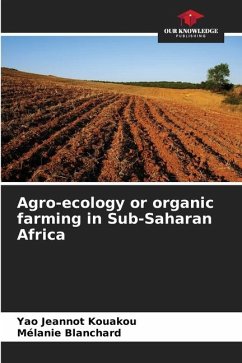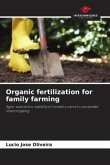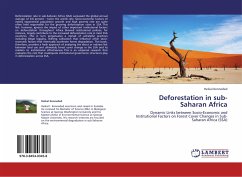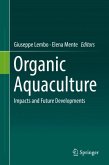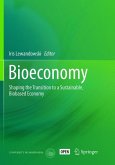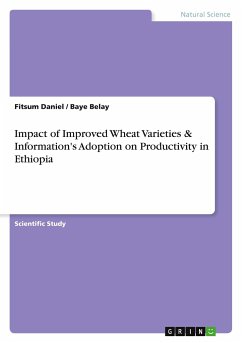The way biomass is managed on mixed crop-livestock farms is very important for the production of a sufficient quantity of organic manure. In organic farming, producers have no other solution than the production and application of organic manure to ensure the sustainability and productivity of their farming systems, as mineral fertilisers are not authorised and other alternative solutions are not accessible. We therefore hypothesise that farmers involved in organic farming have innovative biomass management practices that could serve as a model for the development of sustainable agriculture. In south-west Burkina Faso, we identified biomass management practices among a sample of 30 heads of farms engaged in organic farming, using a systemic analysis. The surveys revealed different biomass management methods for different types of producer.
Bitte wählen Sie Ihr Anliegen aus.
Rechnungen
Retourenschein anfordern
Bestellstatus
Storno

